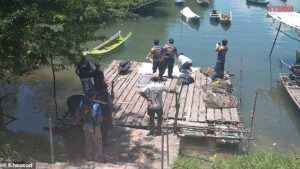By OLIVIA ALLHUSEN, FOREIGN NEWS REPORTER
Published: | Updated:
A British medic who was found dead in Ukraine after serving in the war against Russia may have been murdered, it has been claimed.
Katherine Mielniczuk, 26, tragically died from opioid intoxication on Christmas Eve in 2023.
Cops initially said they did not believe the former chemistry student’s death was suspicious, but have now raised questions over whether there was ‘foul play’ involved.
Police in the city of Sloviansk have launched an ‘ongoing’ murder investigation – with fears Ms Mielniczuk could have been pumped with a fatal dose of drugs, the Mirror reports.
It comes as a coroner demanded to know if someone ‘administered something without her consent’ before colleagues discovered her lifeless body in her bed.
Ms Mielniczuk went to Ukraine after Russia’s full-scale invasion in 2022, compelled to use her medical skills to help those in need.
The University of Bristol graduate had been in the country for 18 months, primarily with the humanitarian group Stay Safe UA, and was attached to the 151st unit of the Special Operations Forces.
She also served as an instructor and combat medic with a group calling itself Menace Medics.

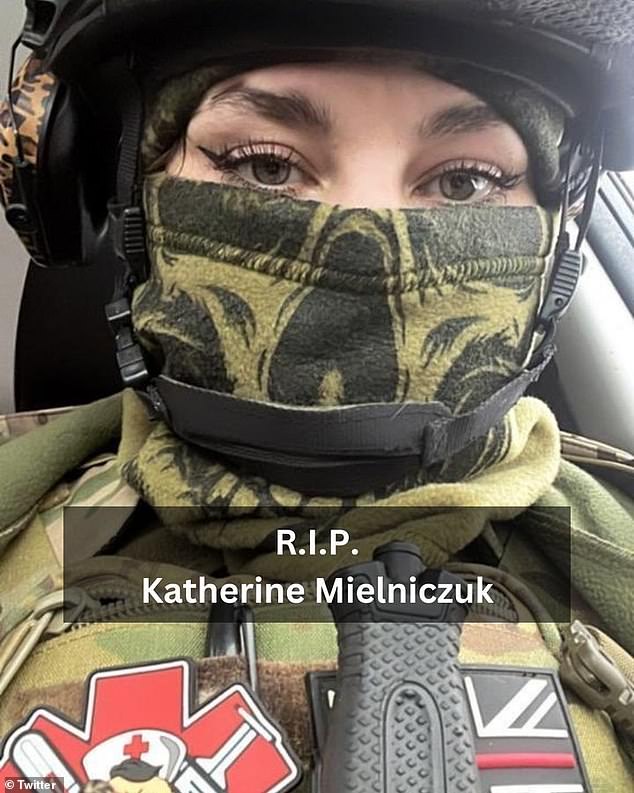
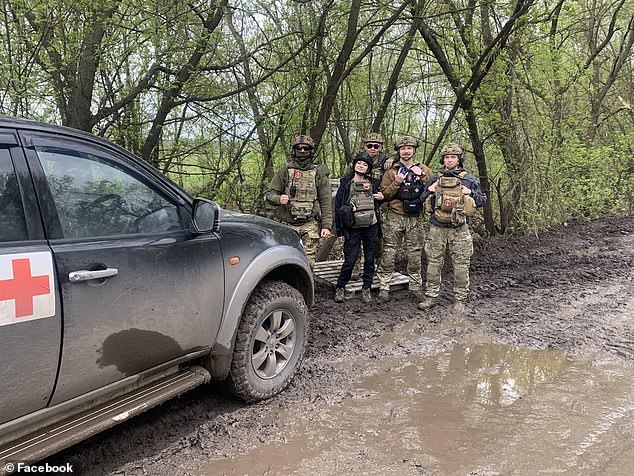
After travelling to the most volatile stretches of the frontline, Ms Mielniczuk earned herself the nickname ‘Apache’.
At a pre-inquest review hearing, South London Coroner’s Court heard Ms Mielniczuk died of ‘opioid intoxication’ but that vital evidence had not yet been passed to British authorities.
Assistant coroner Ivor Collett told the court in Croydon: ‘We know that the police authorities in Sloviansk did initiate an investigation into Katherine’s death under article 115 of their criminal code dealing with homicide.
‘The latest from them is that the investigation is ongoing.’
And speaking to the Mielniczuk family’s solicitors, he added: ‘Has there been foul play? Has someone administered something without Katherine’s consent?
‘Has someone put them into her system without her being willing? What we are really concerned with is what happened while she was a combat medic in Ukraine.’
Mr Collett told solicitors at the hearing that he would write to the authorities in Sloviansk to request they provide further information on the death.
The hearing was told Ms Mielniczuk’s family have still not been provided with the phone she was using at the time of her death.
Mr Collett said Ukrainian police had offered to show evidence from it if a representative travelled to Ukraine, but Mr Collett said that was unreasonable considering it was a warzone.
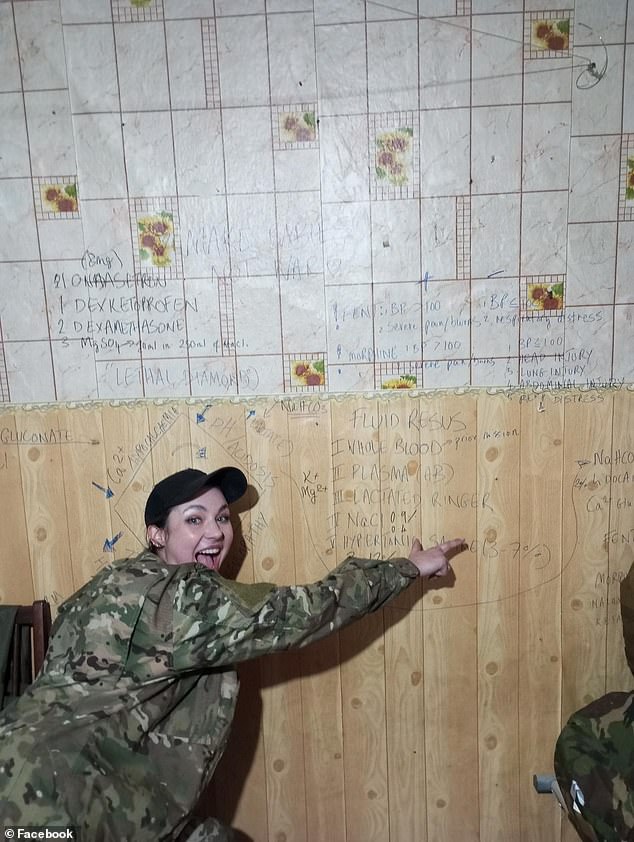
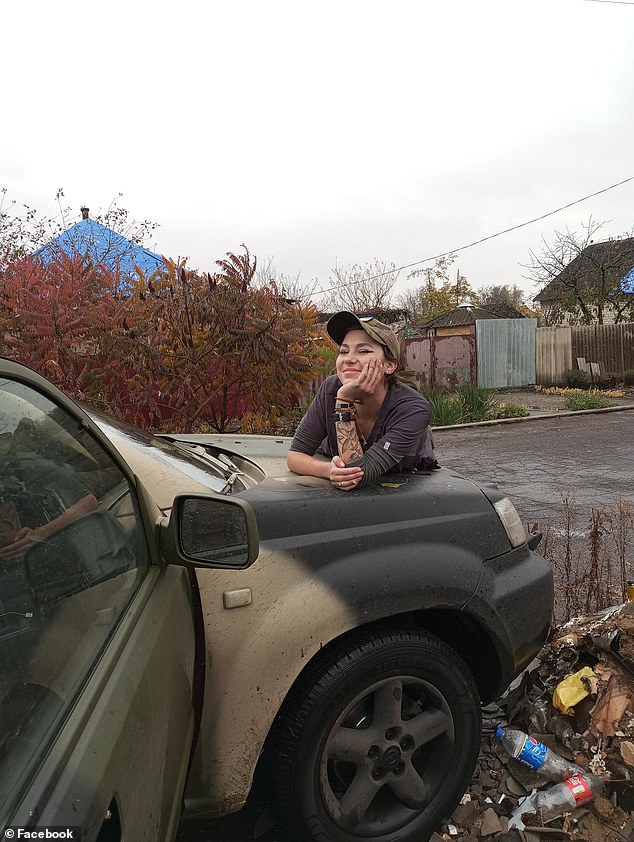
Her family, from Westerham in Kent, said in a statement after her passing: ‘She devoted her life to helping others, as a medic, as a scientist and researcher, and as a friend.
She volunteered her last 18 months in Ukraine, working in logistical aid and as a combat medic all over the country.
‘It is impossible to truly convey what an incredible woman Katherine was or how deeply and widely she was loved and will be missed.
‘Kasia is gone, but the endless warmth, love and grace she brought to the world will never be lost.’
Writing on her blog, the volunteer, who graduated from the University of Bristol, said before her death: ‘At Menace Medics, our goal is to assist the medics on the ground with critical medical equipment and vehicle repairs/fuel, which will transcend our ability to operate, thus saving the lives of courageous foreign combatants and relentless Ukrainian soldiers.’
According to a post on her blog, she had spent the last 18 months volunteering in Ukraine in a ‘medical and operational capacity, primarily with StaySafeUA, a volunteer group dedicated to supporting those ‘living on the frontlines of Russia’s invasion.’
In a post on November 28, she said she had spent her ‘first days [in an] ambulance donated for me’, sharing a photo of a puppy that appeared to be inside the vehicle with her.
In a video posted in July, she gave an interview to a local reporter in which she said she had been working in Bristol when she decided to sign up for Ukraine saying she felt it was her ‘duty to help.’
She added: ‘I will stay as long as until it’s perhaps not safe to be here or until I need to go back to my brother or my mother.’
Andriy Depko, her former boss at StaySafeUA, a support organisation she worked for for 13 months, exclusively told MailOnline that she was a dedicated volunteer who always put others before herself.
‘From the beginning, she would volunteer to go to the very front lines of the invasion,’ Andriy said.
‘We always told her to stay safe, but she insisted on going to the most dangerous places to help.
‘We told her “you need to be safe”, but she was insistent, and kept saying “I need to be helpful.”
‘She did so much for Ukraine in the 13 months she was with us, before she left to be a military paramedic.
‘She wanted to be on the very front lines, saving soldiers and using the education and skills she had. She wanted to be there 24/7.
‘She wanted to show how brave she was.’
He said he didn’t believe the news of her passing upon hearing it.
‘At first, I thought it was impossible. I was thinking, “this is not real. We’ll hear the news that she’s fine”.’
‘It’s very hard to understand that a kind and active person could disappear. It tears my heart apart.
‘It was very tough for my team. We had a meeting to talk about [her passing], and we shared memories of her.
‘Everyone liked her. She was still part of our team [even after she left].
‘I want people to remember as the kind, involved, woman she was.
‘Her involvement will never be forgotten. She wanted to help children, soldiers, everyone. I want everyone to remember her for that.’






